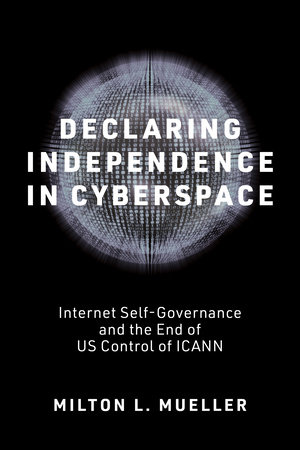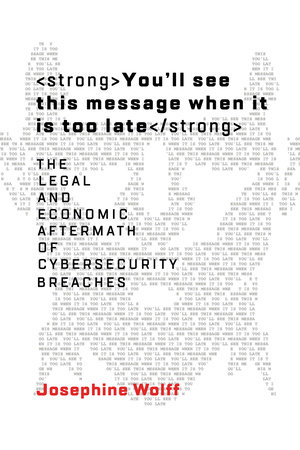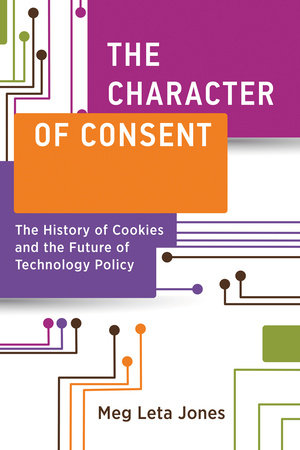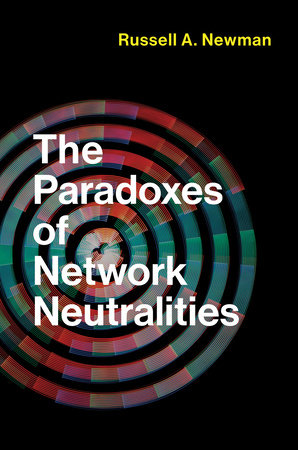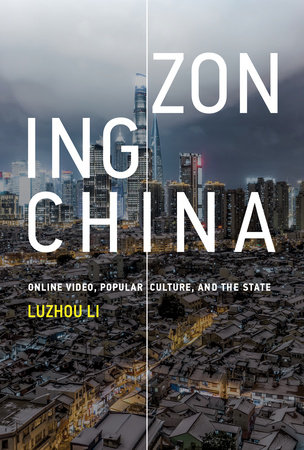
Zoning China
Online Video, Popular Culture, and the State
Luzhou Li
Paperback
February 6, 2024 | ISBN 9780262551250
AmazonBarnes & NobleBooks A MillionBookshop.orgHudson BooksellersPowell'sTargetWalmart
Ebook
December 17, 2019 | ISBN 9780262355889
AmazonApple BooksBarnes & NobleBooks A MillionGoogle Play StoreKobo
About the Book
In Zoning China, Luzhou Li investigates why the Chinese government regulates online video relatively leniently while tightly controlling what appears on broadcast television. Li argues that television has largely been the province of the state, even as the market has dominated the development of online video. Thus online video became a space where people could question state media and the state's preferred ideological narratives about the nation, history, and society. Li connects this relatively unregulated arena to the “second channel” that opened up in the early days of economic reform—piracy in all its permutations. She compares the dual cultural sphere to China's economic zoning; the marketized domain of online video is the cultural equivalent of the Special Economic Zones, which were developed according to market principles in China's coastal cities.
Li explains that although the relaxed oversight of online video may seem to represent a loosening of the party-state's grip on media, the practice of cultural zoning in fact demonstrates the the state's strategic control of the media environment. She describes how China's online video industry developed into an original, creative force of production and distribution that connected domestic private production companies, transnational corporations, and a vast network of creative labor from amateurs to professional content creators. Li notes that China has increased state management of the internet since 2014, signaling that online and offline censorship standards may be unified. Cultural zoning as a technique of cultural governance, however, will likely remain.




